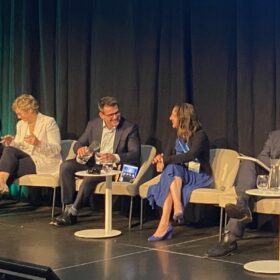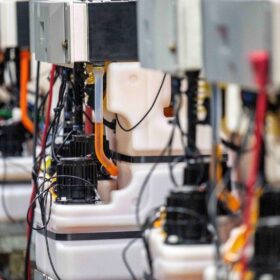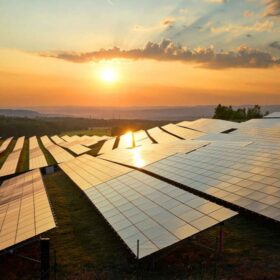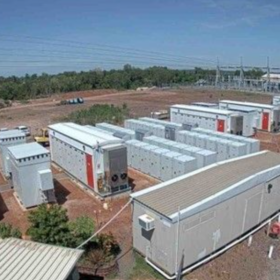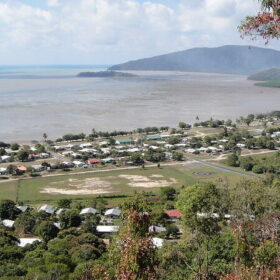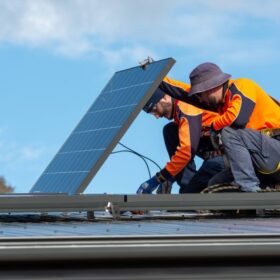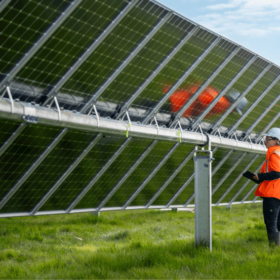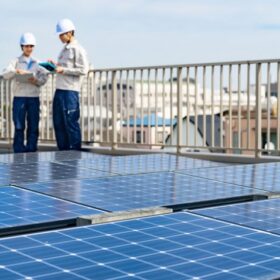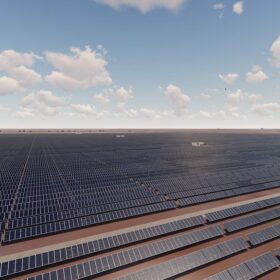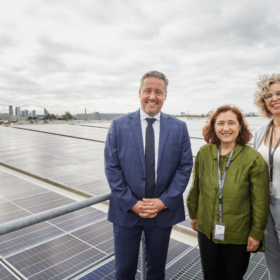Clean energy manufacturing sector urged to get a move on
Tindo Solar, the country’s only manufacturer of PV panels, has warned Australia must move quickly if it is to capitalise on the manufacturing opportunities presented by the global clean energy transition or risk being left behind.
Redflow secures government grant to drive flow battery development
Queensland-based battery company Redflow has secured up to $1.12 million in government funding to support the development of a large-scale zinc-bromine flow battery prototype and to examine the potential to establish a large-scale battery manufacturing facility in the state.
PM commits $2 billion to boost Southeast Asia’s future 454 GW need
Australia will invest $2 billion into Southeast Asia green energy and infrastructure development as part of a broader economic strategy that estimates the region’s electricity generation needs by 2050 to be 454 GW.
NT plans second big battery for Darwin-Katherine electricity system
The Northern Territory government has announced plans to deploy a second large-scale battery energy storage system to allow more renewable power into the Darwin-Katherine electricity system and boost the reliability of the grid.
Remote community microgrids reach design and build stage
The Queensland government has announced plans to deliver the key infrastructure and support microgrid feasibility studies in five remote townships as it seeks to promote energy sovereignty for communities on the edge of the electricity grid.
New body appointed to oversee solar installer accreditation scheme
The Clean Energy Regulator has announced that the newly launched Solar Accreditation Australia is the new accreditation scheme operator for the nation’s solar workforce – more than 9,000 installers and designers.
Glenrowan Solar Farm reaches full capacity in quick time
Less than 12 months after construction began in northern Victoria and the 102 MW Glenrowan Solar Farm has been completed and commissioned and is now operating at full unconstrained capacity.
Net metering move puts Indonesia’s 3.6 GW rooftop solar goal at risk
The Indonesian government has ended net metering for rooftop solar installations. The Jakarta-based Institute for Essential Services Reform says this could make it harder for the country to meet its solar deployment targets, as PV installations will become more expensive for households and small businesses.
South Australia ramps up net 100% renewables target
The South Australian government has accelerated its net 100% renewables deadline from 2030 to 2027, declaring the target is achievable due to the state’s new wind and solar developments and investment in green hydrogen.
Equinix unveils 1 MW rooftop system at Melbourne data centre
With assistance from a Victorian government energy efficiency initiative, United States-headquartered digital infrastructure company Equinix has installed a 1 MW rooftop solar system atop one of its Melbourne data centres as it continues to build upon its broader clean energy program.
